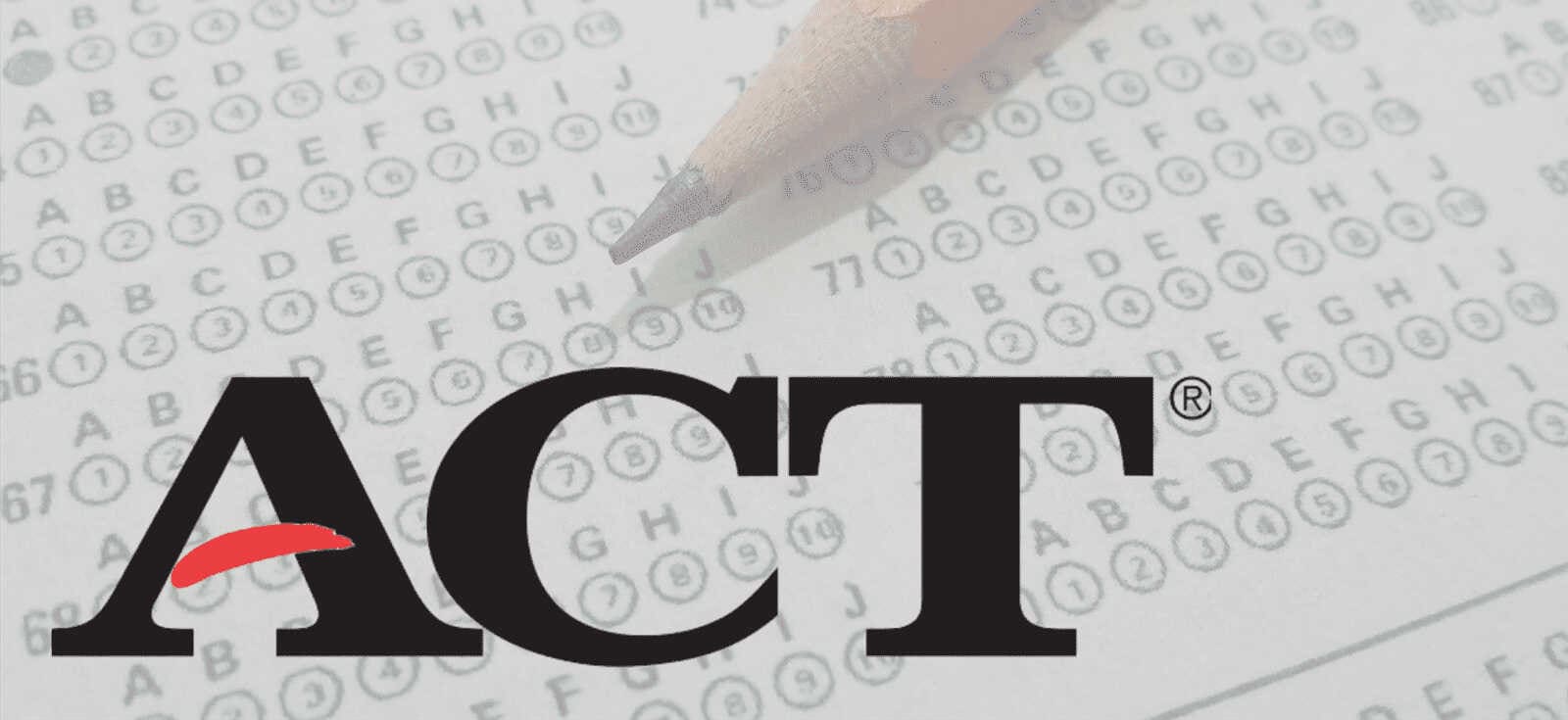Demystifying the ACT: A Guide to the New Scoring System
The ACT, the most widely used standardized test for college entrance in the United States, has made some changes to its scoring system. This can confuse students taking the exam. Don’t be afraid! This blog will be your one-stop shop for understanding the new ACT scoring system and how it affects you.
Breaking Down the Basics
The ACT is a multiple-desire layout test, that assesses your competencies in four centre subjects: English, Mathematics, Reading, and Science. Each section is scored on a scale of 1 (lowest) to 36 (maximum). There’s no penalty for wrong solutions, so it’s constantly in your best interest to guess if you’re unsure.
The new machine doesn’t modify these core aspects. What has been modified is how raw rankings (variety of correct answers) are transformed to the scaled rankings (1-36) you see for your record. The ACT now makes use of a technique known as “equating” to make certain ratings from exclusive check dates comparable. This is due to the fact the problem of test questions can vary barely among administrations.
Understanding Your Scores
Here’s a breakdown of what your score is telling you.
Individual Block Score (1-36): This score represents your performance in each subject. A high score indicates a strong understanding of the concepts explored in that section.
Total Score (1-36): This is the average of your four individual block scores, rounded to the nearest whole number. It gives you a detailed picture of all your academic preparation.
What to Expect with the New System
The new scoring machine creates a more regular and truthful scoring manner across extraordinary check dates. This may be useful because it guarantees your score accurately reflects your capabilities, regardless of whether you took the check. However, it’s important to recollect that school rating degrees may not alternate immediately.
Maximizing Your ACT Score
While the scoring gadget has been modified, the core ideas of ACT education remain the same. Here are a few pointers to maximise your rating:
Take Practice Tests: Familiarize yourself with the check format and timing constraints via taking complete-duration exercise tests from the ACT or authentic assets.
Targeted Practice: Identify your strengths and weaknesses through practice assessments. Focus your reading on areas that need development. Utilize resources like prep books or online tutorials.
Build Your Vocabulary: A strong vocabulary is fundamental to success within the Reading and English sections. Invest in vocabulary builders or make use of online sources.
Develop Test-Taking Strategies: Learn powerful studying comprehension and time management techniques. Practice answering distinctive types of questions to hone your critical questioning skills.
Manage Test Anxiety: Develop relaxation strategies like deep respiratory and meditation to live calmly and take a look at the day.
The Takeaway
The new ACT scoring system may seem intimidating at first, but understanding its basic principles will allow you to approach the test with confidence. Take advantage of the advice and resources available to be well prepared. Remember that strong scores on the ACT can open doors to your dream colleges. So, take a deep breath, get organized, and win the ACT!
